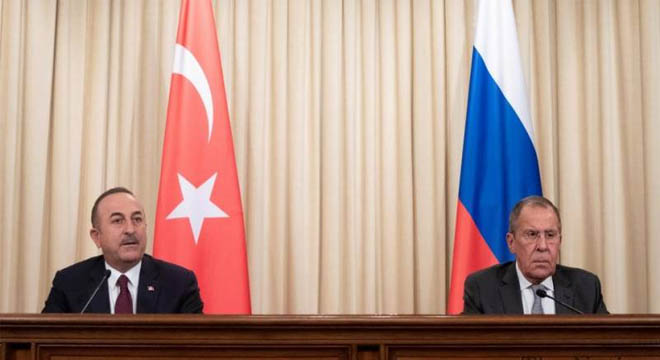The US House of Representatives on Monday overrode President Trump’s veto of the 2021 NDAA, paving the way for sanctions against Ankara over its purchase of the S-400, a Russian-made air defence system. The restrictions are made possible through the use of the Countering America’s Adversaries Through Sanctions Act (CAATSA), a 2017 law targeting Russian defence industry exports. The law was used against a Chinese defence procurement office in 2018. Washington has also threatened to use it against India over that country’s plans to purchase S-400s.
Earlier this month, Turkish President Recep Tayyip Erdogan blasted CAATSA-based sanctions against the Presidency of Defence Industries, a government office responsible for managing Turkey’s defence industries, calling the restrictions an “open attack” against Turkish sovereignty.
Along with the subject of defence cooperation, Tuesday’s talks between Lavrov and Cavusoglu included discussions on the conflict in Libya and the Karabakh dispute between Armenia and Azerbaijan, which recently escalated into open warfare before a Moscow-brokered ceasefire backed by Russian peacekeepers entered into force. In the case of the Libya conflict, Lavrov said that Russia and Turkey had reiterated their commitment “continue to facilitate normalization of the situation in Libya in every possible way via a comprehensive intra-Libyan dialogue that includes all key political forces and representatives of all three historical regions of Libya”.
Earlier this year, Gen. Khalifa Haftar’s Libyan National Army accused Turkey of “illegally operating” in Libya and of violating a United Nations arms embargo by providing military support to the Tripoli-based Government of National Accord in the form of troops, equipment, weaponry, and Syrian mercenaries.
As for Karabakh, Lavrov said the two sides had reached a “common view” and a “unified position” on the need to prevent foreign mercenaries from entering the region.
Follow the PNI Facebook page for the latest news and updates.









